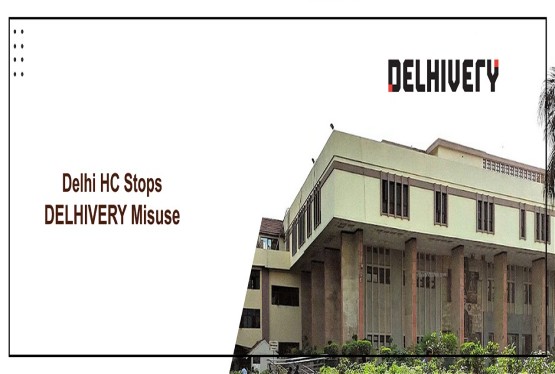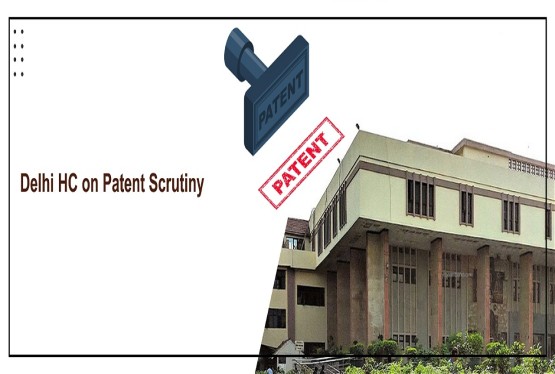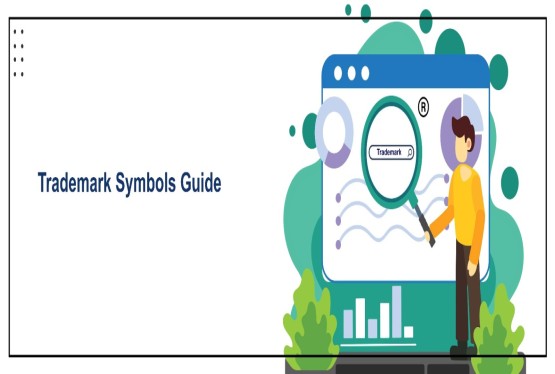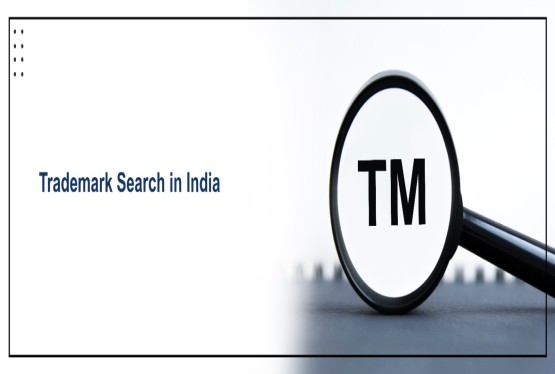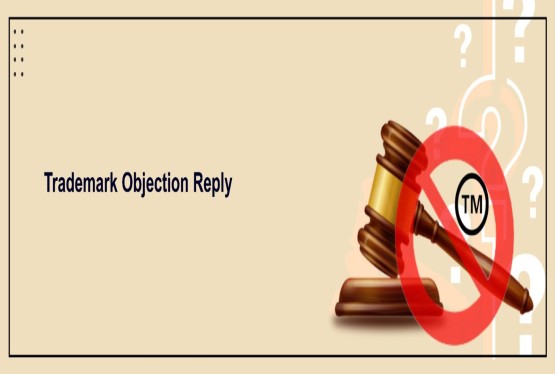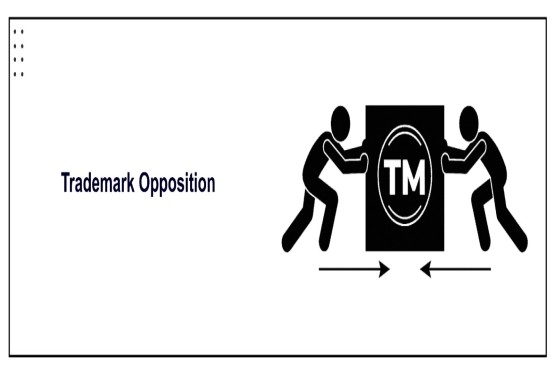The Delhi High Court has passed an important judgment that protects the well-known rice brand ‘INDIA GATE’ from another brand using the name ‘BHARAT GATE’. This case shows that under Indian trademark laws it is not only about whether the words look or sound the same it is also about the idea or meaning that the trademark gives to the customer.
This decision comes from the case KRBL Ltd. v. Praveen Kumar Buyyani & Ors., and it strengthens the legal protection given to famous or well-known trademarks in India.
Background of the Case
KRBL Ltd. is the owner of the ‘INDIA GATE’ brand, which is widely known for its high-quality basmati rice. The company discovered that another business had started selling rice using the name ‘BHARAT GATE’. KRBL felt this name was too similar and might mislead customers, as both ‘India’ and ‘Bharat’ refer to the same country and are often used in the same context. KRBL took the matter to court and initially received a temporary injunction a court order stopping the other business from using the ‘BHARAT GATE’ name.
However, the lower court later cancelled this injunction. It said that the two names did not sound the same, and the product packaging was also different. So, in the court’s view, there was no chance of confusion. KRBL disagreed and took the case to a Division Bench of the Delhi High Court, asking for the injunction to be restored.
What the High Court Said?
The Delhi High Court restored the injunction in favour of KRBL Ltd. and said that the lower court had made a legal mistake by ignoring how trademark similarity is judged. The High Court gave a strong ruling that trademarks are not just about how they look or sound, but also about what they mean and the impression they leave on customers.
‘India’ and ‘Bharat’ Are the Same in Meaning
The court said that both words are different names for the same country. So even though they do not sound exactly the same, they give the same idea to people. Because both marks also include the word ‘GATE’, it makes the names look very similar when seen as a whole.
Trademarks Protect Ideas and Impressions
According to trademark law, what matters is whether an average customer might get confused or believe that the two brands are connected. The court said that even if there are small differences in the packaging or spelling, the overall similarity in meaning is enough to cause confusion.
Intentional Copying Leads to Confusion
The court also said that if someone tries to copy the style or structure of a well-known brand on purpose, then it is fair to assume they are trying to confuse customers. In such cases, the court will likely grant an injunction to protect the original brand.
Relevant Sections of the Trademarks Act, 1999
Section 29(2) – Trademark Infringement
If a registered trademark is used by someone else for similar goods or services, and it is likely to cause confusion, then it is considered infringement.
Since both ‘INDIA GATE’ and ‘BHARAT GATE’ are used for rice, and the names are similar in meaning and structure, this section applies.
Section 29(4) – Protection for Well-Known Trademarks
Even if the goods are not exactly the same, a well-known brand like ‘INDIA GATE’ is protected from anyone using a similar mark in a way that may damage its reputation or take unfair advantage.
This section helps protect big brands from being copied in clever ways.
Section 29(9) – Phonetic and Conceptual Similarity
Two trademarks can be considered similar even if they are spelled differently or look different what matters is how they sound or the idea they give.
‘India’ and ‘Bharat’ may not sound the same, but they mean the same, so this section supports KRBL’s case.
Final Word
The Delhi High Court’s ruling in the ‘INDIA GATE’ case is a powerful reminder that trademark protection is not just about names, logos, or designs. It is also about the overall impression a brand gives to the public. When companies try to imitate successful brands by changing just a few things, they can still be breaking the law especially if the meaning and feel of the brand are the same. This case strengthens the position of well-known brands in India and helps keep the market fair by preventing consumer confusion and unfair competition.
FAQ's
Q1. What was the main issue in the ‘INDIA GATE’ trademark case?
Ans. The main issue was whether the use of the name ‘BHARAT GATE’ for rice was too similar to the well-known ‘INDIA GATE’ brand, causing confusion among consumers.
Q2. Why did KRBL Ltd. oppose the use of ‘BHARAT GATE’?
Ans. KRBL argued that ‘Bharat’ and ‘India’ mean the same country, so ‘BHARAT GATE’ could mislead customers into thinking it was related to the famous ‘INDIA GATE’ brand.
Q3. What did the lower court decide?
Ans. The lower court cancelled the injunction against ‘BHARAT GATE’, saying the two names sounded different and had different packaging, so there was no likely confusion.
Q4. How did the Delhi High Court rule?
Ans. The Delhi High Court reversed the lower court’s decision and restored the injunction, holding that trademarks protect the overall idea and impression, not just the words or packaging.
Q5. Which parts of the trademark law were important in this case?
Ans. Sections 29(2), 29(4), and 29(9) of the Trademarks Act, 1999, were key. These cover trademark infringement, protection of well-known trademarks, and similarity based on sound or meaning.
Q6. Does this case mean common words like ‘India’ or ‘Bharat’ can be trademarked?
Ans. Yes, when used as part of a distinctive brand like ‘INDIA GATE’, even common words can be protected against confusingly similar uses.
Q7. What happens if someone copies a famous brand intentionally?
Ans. The court assumes that there is likely to be consumer confusion and is more likely to grant an injunction to stop the copying.
Q8. Why is this ruling important for businesses?
Ans. It shows that protecting a trademark involves more than just looking at names or logos. The overall impression and meaning matter too, helping companies protect their brands from unfair competition.






























_(b)_of_the_Trademark_Act,_1999_(1)_crop10_thumb.jpg)



_crop10_thumb.jpg)




























_crop10_thumb.jpg)
_crop10_thumb.jpg)






_crop10_thumb.jpg)








_crop10_thumb.jpg)



_crop10_thumb.jpg)





























_crop10_thumb.jpg)

















_crop10_thumb.jpg)






_crop10_thumb.jpg)












































































































































_crop10_thumb.jpg)




































_crop10_thumb.jpg)












_crop10_thumb.jpg)














































_crop10_thumb.jpg)


































































































